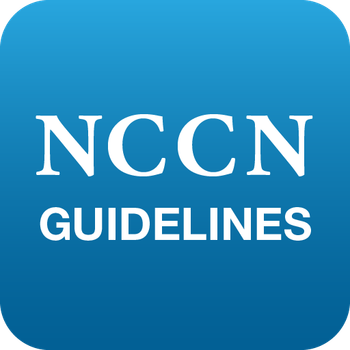
Payers
Latest News
Latest Videos

CME Content
More News

Hospital price transparency data suggest that health insurance exchange (HIX) plans get lower negotiated rates than commercial group plans and higher negotiated rates than Medicare Advantage plans.

The National Comprehensive Cancer Network recommendations come as the FDA weighs an indication in chronic lymphocytic leukemia/small lymphocytic leukemia (CLL/SLL) for zanubrutinib.

While commercial payers have been engaged with the shift to biosimilars, they all have their own preferred biosimilar, which makes it challenging for practices, explained Lalan Wilfong, MD, vice president of payer relations & practice transformation at The US Oncology Network.

In 2021, the specialty drug trend rebounded from the pandemic, and it is expected to stay strong with more specialty drugs coming. Increased availability of biosimilars could shift this trend.

Effective messaging about the value of accountable care organizations (ACOs) is a key strategy if both CMS and the National Association of ACOs are to hit lofty goals, the leaders of both organizations said Thursday.

Neil Goldfarb, president and CEO of the Greater Philadelphia Business Coalition on Health (GPBCH), reviews the key topics to be addressed at the 2022 GPBCH Wellness Summit.

The 1-year gap after the end of the Oncology Care Model (OCM) means some practices have to make hard decisions regarding cost of care or the financial health of the practice, explained Lalan Wilfong, MD, vice president of Payer Relations & Practice Transformation at The US Oncology Network.

Having a biosimilar on formulary makes it more likely the biosimilar will be adopted. Length of time a biosimilar is on market can impact how likely it is to be added to formulary.

The FDA approved the first high-concentration adalimumab biosimilar. A low-concentration version of the biosimilar, Hadlima, was already approved. Both versions will launch in July 2023.

Insurance reimbursement for teleophthalmology services is not consistent among populations and only recently received a boost due to flexibilities allowed during the pandemic, said Parisa Emami-Naeini, MD, MPH, assistant professor of ophthalmology at University of California, Davis, and vitreoretinal surgeon and uveitis specialist at UC Davis Eye Center.

The Institute for Value-Based Medicine series visits Texas Oncology in Austin.




More efforts need to be made to remove unconscious bias when implementing approved diabetes technologies into clinical practice for all patients, said Viral Shah, MD, an endocrinologist and scientist.

Policy observers and industry stakeholders debate the possible spillover effects of Medicare drug pricing reform in the employer-based insurance market; a California federal judge rules Walgreens could be held liable for not investigating suspicious orders of opioids in San Francisco; a blood test performed the day of a traumatic brain injury (TBI) can predict which patients may die and who may survive with a disability.

In this episode of Managed Care Cast, we speak with Sachin Jain, MD, MBA, SCAN Group and Health Plan's president and CEO, about how the organization made 10% of senior managers’ annual bonuses dependent on how well the gap in medication adherence among diverse populations was reduced.

The ruling by the Supreme Court on 340B reimbursements was narrow, but it sets up a future reimbursement reduction by HHS that is even greater based on survey data, said Ted Okon, MBA, executive director, Community Oncology Alliance.

There are some similarities among various value-based payment programs for cancer care, but they are not identical, said Susan Escudier, MD, FACP, vice president, value-based care and quality programs, Texas Oncology.

New heart failure guidelines redefine stages of the disease to emphasize prevention, said Biykem Bozkurt, MD, PhD, but more must be done by payers to identify those at high risk.

HR 5376, or the Inflation Reduction Act, is most significant piece of legislation affecting federal health policy since the passage of the Affordable Care Act in 2010; for Medicare beneficiaries, it caps insulin at $35 a month and includes other pricing reforms.

Medicaid expansion was associated with substantial changes in Medicaid managed care plan composition, which may influence a plan’s performance on enrollee experience metrics.

Limiting access to non–vitamin K antagonist oral anticoagulants through step therapy and prior authorization may exacerbate current underuse of anticoagulants and increase the risk of stroke in patients with newly diagnosed atrial fibrillation.

The involvement of pharmacy benefit managers (PBMs) in 340B is the “colliding of 2 worlds,” said Ted Okon, MBA, executive director, Community Oncology Alliance.

Although there is a paucity of data of switching among biosimilars of the same reference product, the few studies published support the safety and effectiveness of transitioning patients from one biosimilar to another.


















